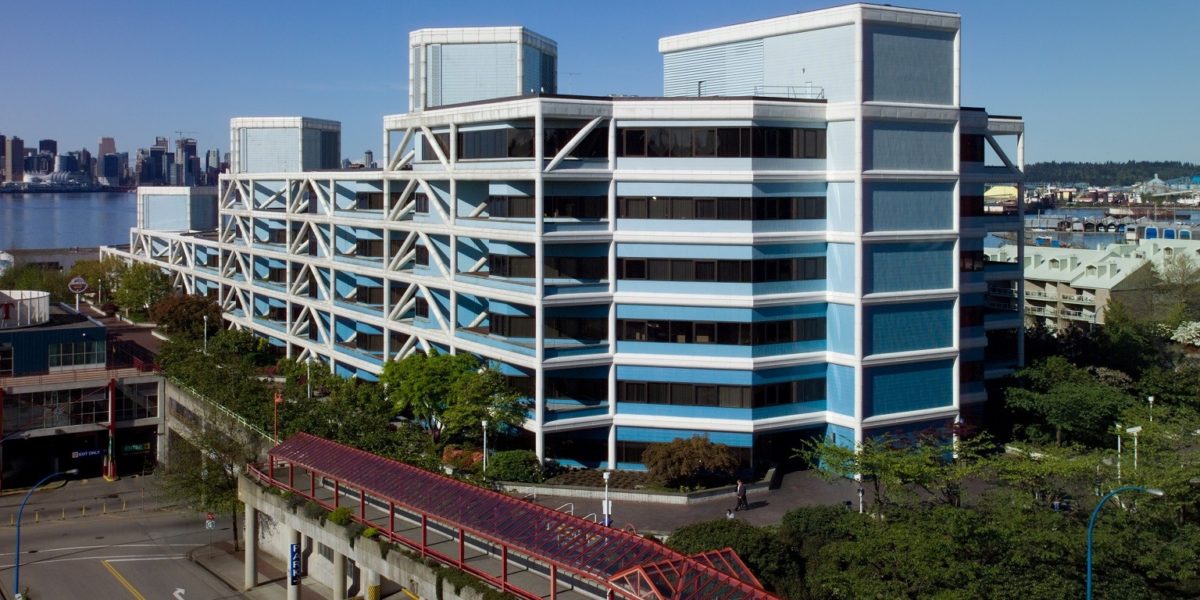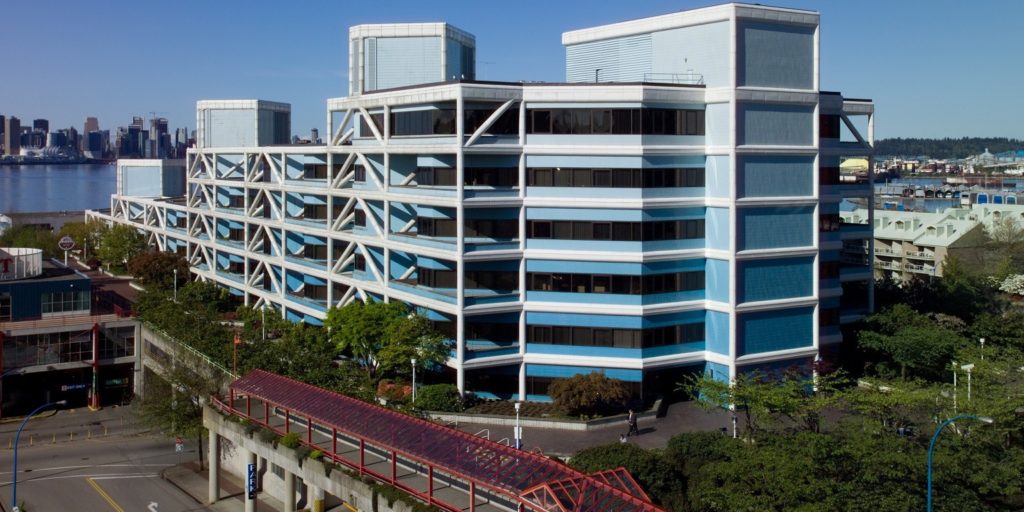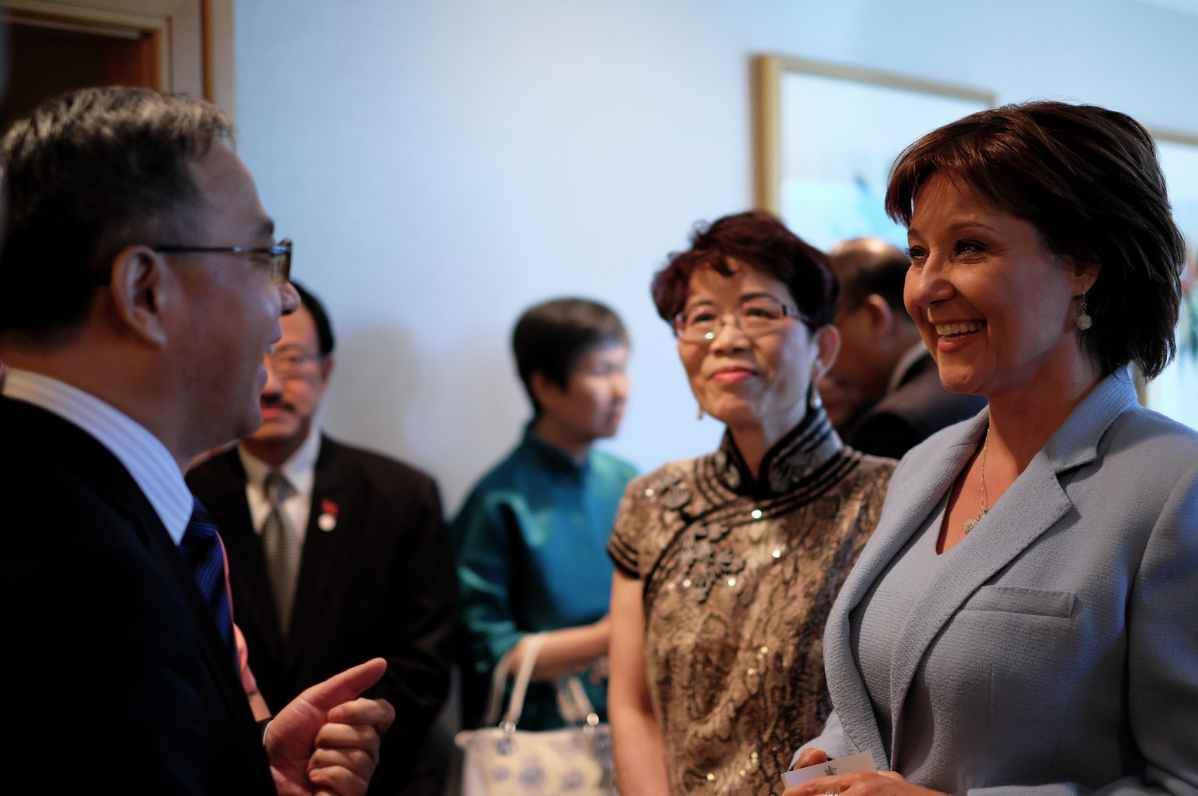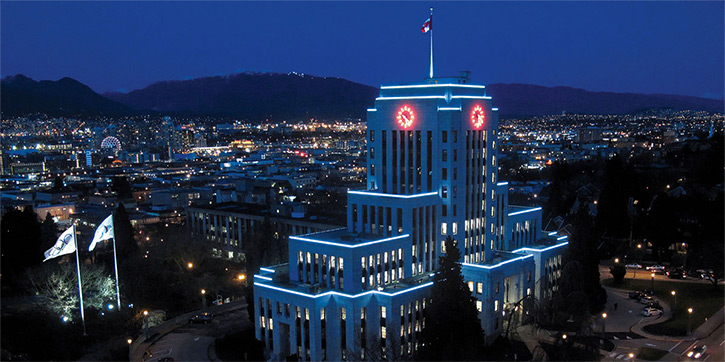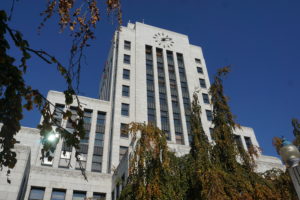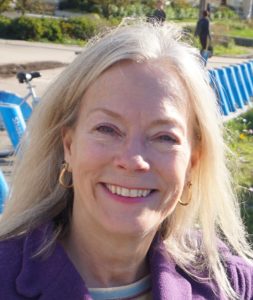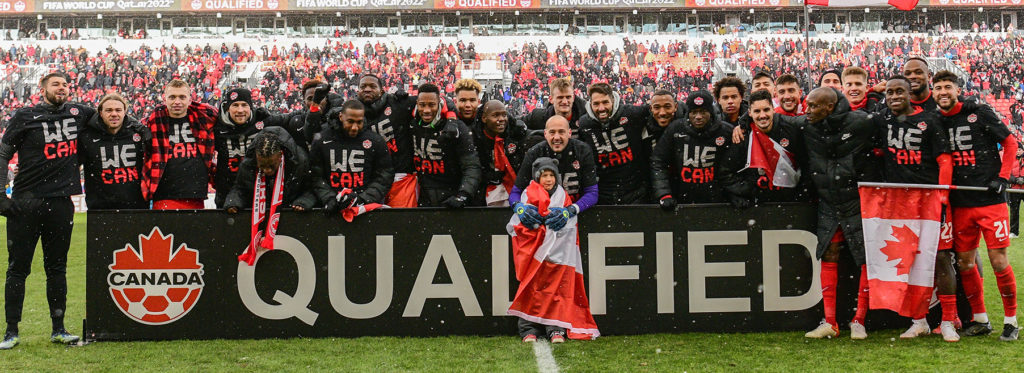Bob Mackin (Updated Aug. 1, 2024)
Conservative Party of B.C. leader John Rustad told theBreaker.news that he met with personnel from the Canadian Security Intelligence Service (CSIS) about foreign interference in early July.

Conservative Party of B.C. leader John Rustad (Facebook)
Rustad said CSIS contacted him for the briefing.
“I spent about an hour or so talking to them about issues. But I won’t talk any further about what we discussed,” Rustad said.
“They provided me with the information that they were able to provide me with.”
Eric Balsam, spokesperson for CSIS, told theBreaker.news that the agency does not “confirm or discuss specific engagements for reasons of privacy.”
He said CSIS provides briefings to elected officials at all levels of government and across party lines to help them identify foreign interference and take measures to protect personal safety. CSIS is also a member of the B.C. Elections Integrity Working Group with the offices of the Chief Information Officer, Deputy Minister to the Premier, Registrar of Lobbyists and Information and Privacy Commissioner, Canadian Centre for Cyber Security and RCMP.
Rustad was responding to a reporter’s questions about Richmond-North Centre MLA Teresa Wat leaving BC United on July 30 to run as the Conservative candidate in the new Richmond-Bridgeport riding in the Oct. 19 election. The announcement came the same day that a Research Co. poll pegged the Kevin Falcon-led BC United as the fourth-place party among decided voters, with only 9% support.
“I’m quite concerned about foreign influence in elections, in particular in British Columbia, and not just from China,” said Rustad, a former aboriginal relations and forestry minister. “There’s foreign influence from numerous jurisdictions, including United States.”
Rustad said his party “did not do any extensive vetting” on Wat, a fellow cabinet minister from 2013 to 2017 under then-BC Liberal premier Christy Clark. He also said he cannot comment on Wat’s frequent attendance at events hosted by or in the honour of the People’s Republic of China.
Wat has yet to respond for comment. She is the fifth MLA elected as a BC Liberal to defect to the Conservatives.
Rustad called Wat “a very passionate person, very passionate about democracy, very passionate about her riding and about this province. And that’s all I can ask anybody to be.”

Wat and Clark with donors, including realtor Layla Yang and online banker Shenglin Xian (Yang)
Wat, a former Chinese-language media manager, was the Minister of International Trade and Minister Responsible for the Asia Pacific Strategy and Multiculturalism under Clark. She travelled to China, acted as liaison with Chinese government officials and was a driving force in B.C. government efforts to woo investment from state-owned conglomerate China Poly Group, Union Mobile Pay (China) and Huawei.
In May 2016, Wat and Clark hosted Hu Chunhua, the top the top Chinese Communist Party official in Guangdong province and a member of the Central Committee’s Politburo.
As an opposition MLA, Wat was the critic for trade, tourism, arts and culture and anti-racism initiatives. In January and February 2023, Wat attended Lunar New Year banquets where she was recorded singing the Chinese national anthem, “March of the Volunteers.”
At a Feb. 5, 2023 gala at the River Rock Casino Resort’s show theatre, Wat sat at the VIP table with Consul General Yang Shu and was surrounded by supporters of the Canadian Alliance of Chinese Associations. The Richmond-based business and cultural coalition is aligned with the consulate’s Overseas Chinese Affairs Office, which promotes the CCP’s United Front propaganda campaign.
Asked if there was any concern about Wat’s relationship with the Chinese government and its allies, Rustad said “he has not heard any.”
“I’ve asked her in discussions in the past, and I wasn’t aware, and I’m not aware of any concerns there,” Rustad said.
CSIS has yet to respond for comment.
In June, NDP Premier David Eby appealed to Prime Minister Justin Trudeau so that provincial officials could receive the same detailed CSIS briefings given to federal officials.

David Eby (left) and Guo Ding in 2018 (John Yap/Twitter)
“We’ve had a state-level actor attack our computer systems in the heart of government operations,” said Eby at a June 18 news conference in North Vancouver. “We’ve had ex-pat populations from Iran, from Ukraine, from China say that they are being harassed and are facing issues of interference from foreign governments here in B.C.”
Balsam said Bill C-70 amendments to the CSIS Act enable disclosure of information to individuals and organizations outside the federal government.
The Foreign Interference Commission, under Quebec judge Marie-Josee Hogue, confirmed that China meddled in the 2019 and 2021 federal elections. The National Security and Intelligence Committee of Parliamentarians reported that members of parliament have colluded with foreign countries, including China. The names of elected officials with divided loyalties were not released.
Meanwhile, a former NDP by-election candidate married to ex-Vancouver mayor Kennedy Stewart has exited the Vancouver-Yaletown nomination contest. Jeanette Ashe alleged in an email to supporters that the “nomination process has been compromised and the playing field is not level.”
Vancouver Police Insp. Terry Yung, husband of Vancouver city councillor Sarah Kirby-Yung, is being courted by the NDP to run in the new riding. Yung announced his retirement from the force in a July 31 message on X, formerly Twitter.
Yung has a history of socializing with Chinese diplomats in Vancouver, is past chair of Vancouver’s SUCCESS charity (with offices in Beijing and Guangzhou) and trained police officers from Mainland China through the Justice Institute of B.C.
The Globe and Mail reported last year that, in early 2022, China’s then-Consul General, Tong Xiaoling, allegedly discussed a strategy to replace pro-Taiwan Stewart with a Chinese-Canadian candidate. Ken Sim of the ABC Vancouver party eventually defeated Stewart in a landslide.
Support theBreaker.news for as low as $2 a month on Patreon. Find out how. Click here.
Bob Mackin (Updated Aug. 1, 2024)
Conservative Party












